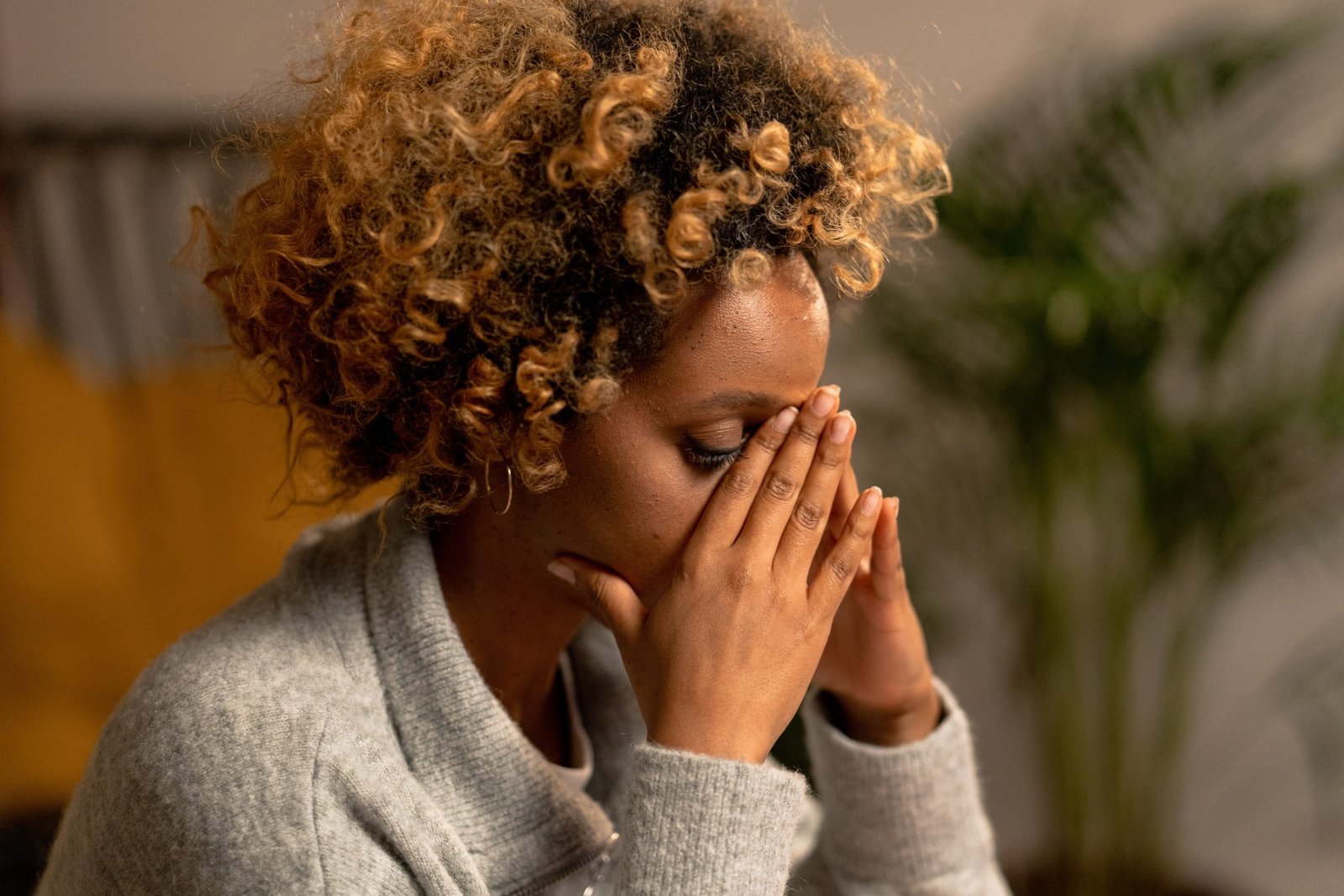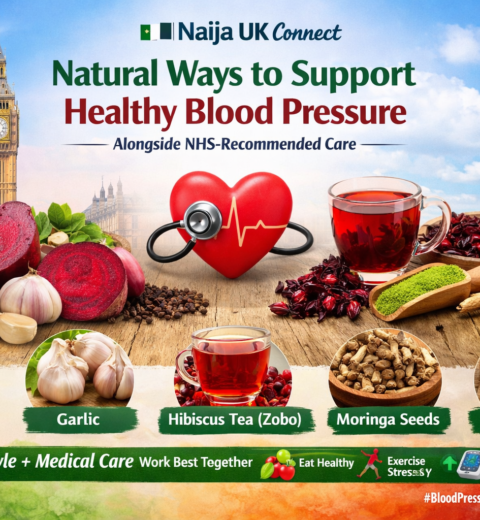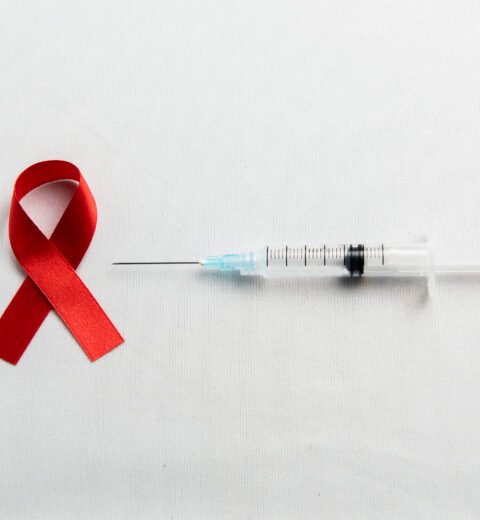Living in the UK as a Nigerian can be rewarding, but we cannot deny the stressors—from adapting to a new culture and weather to managing financial and family expectations. In the midst of all this, many of us experience moments of intense fear or anxiety that can feel overwhelming. If you’ve ever felt like your heart was racing, you couldn’t breathe, or thought you were about to faint or even die—you might have had a panic attack.
Let’s break this down in simple terms, using NHS-backed guidance, so that you know what to look out for and how to manage it.
💥 What is a Panic Attack?
A panic attack is a sudden and intense episode of fear or anxiety. It usually comes on quickly and lasts between 5 to 20 minutes, although some symptoms may linger longer. Panic attacks can be frightening—but they are not life-threatening.
For many Nigerians, especially those who are not familiar with mental health issues, these attacks can be misinterpreted as spiritual problems, heart attacks, or “village people at work.” But this is a medical condition, and help is available.
😰 Common Symptoms of a Panic Attack
According to the NHS, the symptoms may include:
- Racing heartbeat (palpitations)
- Shortness of breath or feeling like you can’t breathe
- Sweating or chills
- Trembling or shaking
- Chest pain or tightness
- Feeling dizzy, faint, or light-headed
- A fear of dying or “going crazy”
- Nausea or stomach pain
- Feeling detached from your body (like you’re watching yourself from outside)
Imagine feeling like something terrible is about to happen but being unable to explain why. That’s how a panic attack often feels.
🧠 What Causes Panic Attacks?
They can be triggered by:
- Stress (e.g., work, immigration issues, family back home)
- Phobias (fear of enclosed spaces, public speaking, etc.)
- Trauma or a past negative experience
- Health conditions (like an overactive thyroid)
- Sudden life changes or bereavement
Some people may only ever have one panic attack in their life, while others may develop panic disorder, where attacks happen frequently and unpredictably.
🛑 Important: When to Seek Help
If you’re having frequent panic attacks, or if fear of another attack is stopping you from living your normal life, it’s time to talk to your GP (NHS family doctor). Panic disorder is treatable.
Don’t suffer in silence or brush it off with “na small thing” or “I’ll pray it away.” Yes, prayer helps, but God also works through doctors and medicine.
💊 Treatment Options (NHS-Approved)
- Talking Therapies (CBT)
Cognitive Behavioural Therapy is one of the most effective treatments. It helps you understand what triggers your panic attacks and how to manage them. - Medication
Your GP may prescribe antidepressants or anti-anxiety medication for short or long-term use. These are safe when taken correctly. - Self-help Strategies
- Breathing exercises: Try slow, deep breaths when you feel an attack coming on.
- Stay active: Gentle exercise like walking helps reduce anxiety.
- Avoid caffeine, alcohol, and smoking, as these can worsen symptoms.
- Connect with others: Don’t isolate yourself. Speak with fellow Nigerians or join support groups.
🙌 You’re Not Alone
Many of us carry the unspoken burden of “being strong” in the UK. But real strength is in acknowledging when you need help.
Whether you’re a student far from home, a mother juggling family responsibilities, or a breadwinner sending money back to Nigeria—panic attacks can affect anyone.
Let’s normalise talking about our mental health. If you feel overwhelmed, reach out to your GP, call NHS 111, or speak to someone you trust. Naija UK Connect is also here for you—with info, encouragement, and real talk.
📞 Useful Contacts
- NHS 111 – Non-emergency medical advice (24/7)
- Samaritans – 116 123 – Free helpline if you need to talk
- Mind UK – www.mind.org.uk – Mental health support and resources
- Naija UK Connect – Stay informed, stay connected
🫂 Final Word from Dr. Ogechi Eze
Your mind matters. Don’t let fear or shame stop you from getting help. If panic attacks are troubling you, speak up, seek help, and take steps toward recovery.
Your health—mental and physical—is your wealth. Naija no dey carry last. 💪🇳🇬
Join Our WhatsApp Channel
Stay updated on the latest UK news, including education, health, job openings, and more for those living in the UK!
Join here: Naija UK Channel
Also, follow us on our social media channels for the latest updates and discussions:
- Twitter: @NaijaUKConnect
- Facebook: Naija UK Connect
- Instagram: @naijaukconnect




